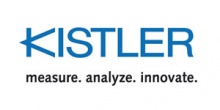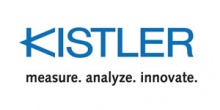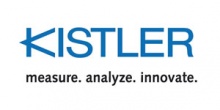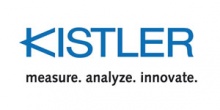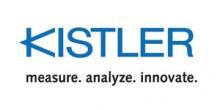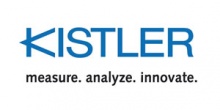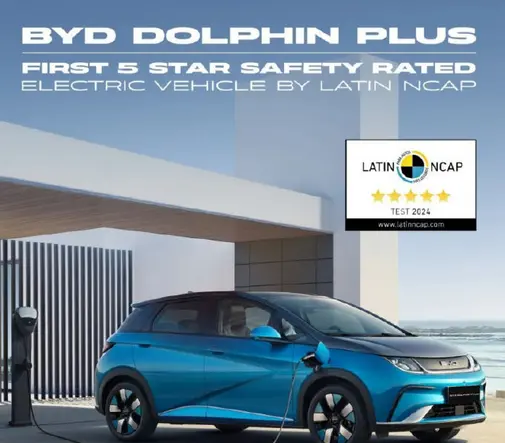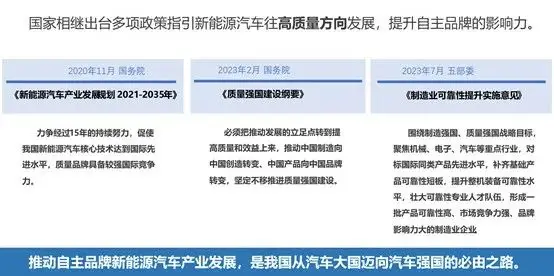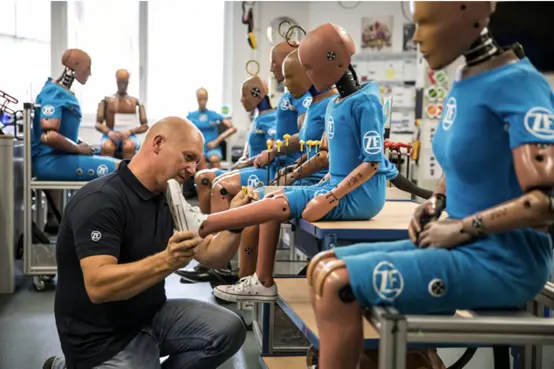特斯拉第三季度车辆安全数据报告
在特斯拉,客户的安全永远是第一位的,这就是为什么设计和制造世界上最安全的汽车对于我们来说是至关重要的。我们不仅进行广泛的内部测试和模拟实验,以确保车辆在上路之前就已达到最高安全性能,我们也在通过行驶在全球各地的车辆每月上传的数十万英里的真实路况数据来持续改善我们的车辆,提高和完善车辆安全性。
因为每一辆特斯拉都是联网的,在大多数情况下,我们能够即时了解特斯拉车辆在何时发生碰撞。此外,我们的非传统销售模式使得我们能够在车辆的生命周期内与客户建立直接关系,为我们提供更多的车辆数据,并可根据需要获得更多的车辆信息。
相比之下,如果汽车制造商与车辆没有直接联系,而是利用第三方特许经销商,他们可能永远不会知道汽车何时发生事故。通过传统的渠道,向汽车制造商提出的诉讼或索赔可能需要数月甚至数年的时间,汽车制造商才能够了解事故详情并得出有意义的结论以提高安全性。
今年年初,当我们决定开始定期公布安全数据时,我们为车辆设计和引入了全新的遥测数据流技术,以便于获得报告数据。全新的数据流将能够从系统检测到碰撞相关事故的精确时刻中获得最重要的车辆数据。虽然仍然存在一些特殊情况,某些碰撞数据可能无法传输给我们,但我们相信该系统目前为安全报告提供了长期的最佳工作框架。
下面是我们Q3车辆安全数据报告:
在自动辅助驾驶状态下,每334万英里就会记录一起车祸或撞车事件。
在非自动辅助驾驶状态下,每192万英里就会记录一起车祸或撞车事件。
美国国家公路交通安全管理局(NHTSA)的最新数据显示,在美国每492000英里就有一起车辆事故。
(该数字七倍于自动辅助驾驶状态下的特斯拉事故率,四倍于非自动辅助驾驶状态下的特斯拉事故率。
未来,我们将每季度公开发布安全数据报告。
我们长期以来一直坚持当系统检测到事故时就致电客户,以确定是否需要紧急援助,现在同时也会去了解客户在事故中是否受伤,以及是否对我们当前的车辆安全系统有建议。这将有助于我们继续完善安全系统,并及时了解事故受伤率。
如果我们的客户曾经在特斯拉车辆中受伤,或有改善安全功能方面的建议,我们也鼓励客户主动联系特斯拉客服。
我们正在努力让特斯拉在被动安全、主动安全和自动驾驶方面成为道路上最安全和最强大的汽车,但我们必须提醒驾驶员在行车途中时刻保持警惕——也就是说,这才是防止交通事故的最佳方法。安全是我们所做的每一件事和我们做出的每一个决定的核心出发点,绝不松懈。
我们希望特斯拉不仅引领可持续能源的发展,而且让每位客户的驾驶尽可能地安全,我们也在竭尽所能加快实现这一目标。我们期待着与客户和车主群体持续保持互动,为打造更安全的特斯拉而共同努力。
Q3 2018 Vehicle Safety Report
The Tesla Team October 4, 2018
At Tesla, the safety of our customers is our top priority, which is why it’s critical that we design and build the safest cars in the world. Not only do we conduct extensive in-house testing and simulation to ensure our vehicles achieve top safety performance before they ever reach the road, we are also uniquely positioned to leverage the hundreds of thousands of miles of real-world data our fleet collects every month to continuously improve our vehicles and develop a more complete picture of safety over time.
Because every Tesla is connected, in most instances we are able to learn immediately when a Tesla vehicle has been involved in a crash. Additionally, our non-traditional sales model allows us to have a direct relationship with our customers for the lifecycle of ownership, providing an avenue for us to supplement our records and gain even more insight as needed. In contrast, automakers whose cars aren’t connected and who utilize networks of third-party franchised dealers may never know when a vehicle is involved in an accident. Through traditional channels, it can take months or even years for lawsuits or claims to be filed that provide automakers with insight into an accident that allows them to draw meaningful conclusions and improve safety.
Earlier this year, when we made the decision to begin publishing our safety data on a regular basis, we designed and introduced a completely new telemetry stream for our vehicles to facilitate these reports. This new data stream allows us to gather the most critical fleet-wide statistics from the exact moment a crash-related event is detected by our system. While there are still some unique cases in which crash data may not be available to us through this channel, we believe this system currently provides the best framework for safety reporting on an ongoing basis.
Here’s a look at the data we’re able to report for Q3:
- Over the past quarter, we’ve registered one accident or crash-like event for every 3.34 million miles driven in which drivers had Autopilot engaged.
- For those driving without Autopilot, we registered one accident or crash-like event for every 1.92 million miles driven. By comparison, the National Highway Traffic Safety Administration’s (NHTSA) most recent data shows that in the United States, there is an automobile crash every 492,000 miles. While NHTSA’s data includes accidents that have occurred, our records include accidents as well as near misses (what we are calling crash-like events).
Moving forward, we will publicly release these accident figures on a quarterly basis.
Given the degree to which accidents can vary in severity and circumstance, we’ve started an additional initiative to create a more complete picture of safety by gathering serious injury data from our customers following an accident. While we have long maintained the practice of calling our customers whenever our system detects a crash in order to see whether they need emergency assistance, we now also use these calls to understand if they sustained an injury in the crash, and if they have feedback on our current safety system. This will help us continue to improve our system and understand the rate of serious injuries over time.
We also encourage our customers to proactively contact Tesla Support if they are ever seriously injured in a Tesla vehicle, or if they have suggestions about improving safety features.
As we are working hard to make our cars the safest and most capable cars on the road in terms of passive safety, active safety, and automated driving, we must continue to encourage driver vigilance on the road – that is, by and large, the best way to prevent traffic accidents. Safety is at the core of everything we do and every decision we make, so we cannot stress this enough. We want our cars to not only lead the way to sustainable energy, but also make driving as safe as possible for everyone, and we are working as quickly as we can to achieve that. We look forward to sharing continued updates with our customers and community, and working together to make our vehicles as safe as possible. 




 广告
广告











